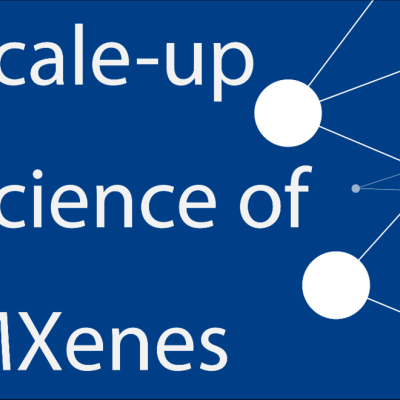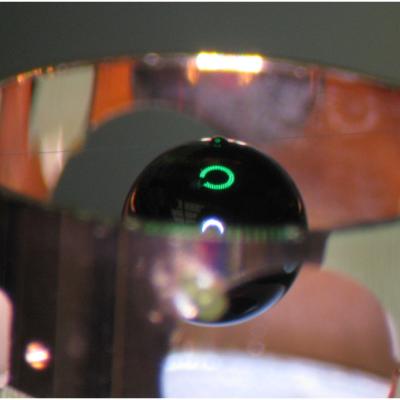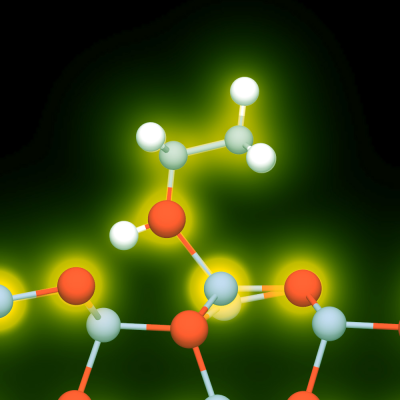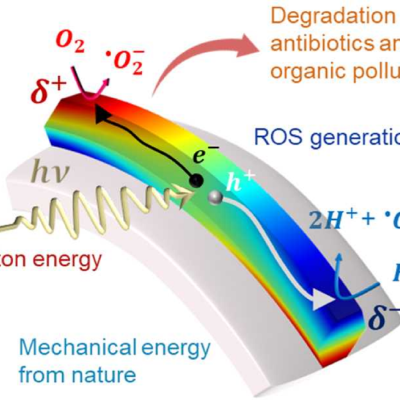LLNL researchers have introduced the use of a kirigami inspired substrate to act as a mechanical transducer, which converts macroscale stretching motion into localized bending. The performance of photo-piezocatalysts made with aligned arrays of photocatalytic nanomaterials on the kirigami shaped substrate yields significant enhancements (~250%) in the degradation of dyes.

To address these challenges and explore the scale-up science of MXene, LLNL researchers have developed a scalable solution-phase synthesis method to generate MXene with over 70% production yield via top-down exfoliation approaches with non-aqueous solvents and salts. The novel method is a dramatic improvement compared to conventional approaches (10-20%). Furthermore, the shielding…

LLNL has developed a liquid-free method that increases the overall mechanical resistance of self-supported, carbon nanotube assemblies through nanoscale reinforcement by gas-phase deposition of a thermally cross-linkable polymer. Polymer-reinforcement increases the strength of CNT yarns after crosslinking. For example, a minimal amount (<200 nm) of poly-glycidyl metacrylate (PGMA) deposited…

Chemical and biological sensors based on nanowire or nanotube technologies exhibit observable ultrasensitive detection limits due to their unusually large surface-to-volume architecture. This suggests that nanosensors can provide a distinct advantage over conventional designs. This advantage is further enhanced when the nanosensor can harvest its meager power requirements from the surrounding…


